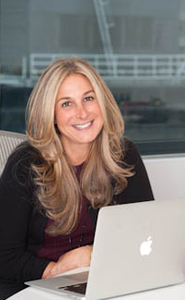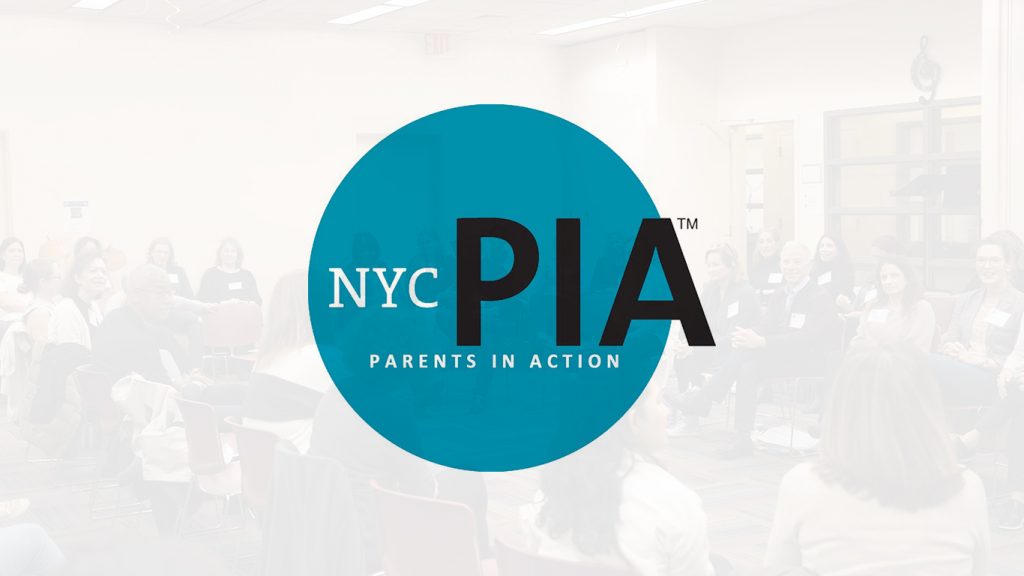Sometimes an article is hard to write because its content lies close to the heart. Such was the case with this writer, reporting on Dr. Catherine Birndorf’s and Pamela Weinberg’s terrific talk about transitions.
Transitions. The word belies a process that can leave one feeling halfway to nowhere. A conversation on confidently preparing for transitions took place on a warm day in early May with Catherine Birndorf and Pamela Weinberg, speaking on behalf of Parents in Action at the School Relations Lunch. The take–away? Lean in to a change of direction, a change of heart or a change of mind, own it, and prepare for it -preparation leads to confidence and success.

Clad in black slacks and patent leather flats, Dr. Catherine Birndorf spoke with the perspective of a women’s health psychiatrist and mental health columnist. Along with Pamela Weinberg, a career coach who guides mothers-in–transition back to the workplace, they began their talk by answering questions like, “When is the right time to make a transition?”
“How do you make a change when you’re scared?” and, “How do you find meaningful work when you’re not sure what you’re good at?”
“The first step in any transition, whether it’s back to the workplace or anyplace else, is to make sure you’re ready,” said Dr. Birndorf. Carefully consider if the time is right and then figure out what’s motivating you. Recognize that change causes fear and fear of failure can be paralyzing. Ms. Weinberg, wearing a short black and white patterned dress and high heels advised, “Rather than set a big goal, set small, attainable, achievable goals” by attending a conference, taking a class or volunteering. Volunteer positions can ease the way to a new career and a volunteer position can turn into a paid one. (She suggested consulting websites such as The Idealist.org or Volunteermatch.org.). But, added Dr. Birndorf, “even in small steps there’s a fear of failure; get good at failing.” “The first step you take may not work,” continued Ms. Weinberg, but remember to ask yourself “can I get out the door, rather than worrying, can I make (the next step) perfect?”
“You’re armed for anything if the pieces are in place. If you’re thinking of going back to work, you need a plan,” said Ms. Weinberg. Dr. Birndorf added, “ Talk with your family once you’re ready; preparing is an important next step and everyone can smell ambivalence.” A well-thought-out system with childcare in place is crucial to peace of mind and some honest soul searching is probably in order too. As important as it is to find meaningful work, one’s “raison d’etre…doesn’t always come from a job,” said Dr. Birndorf. Ms. Weinberg agreed, “Women need to find meaning in what they do, and there are ways to find meaning in what you do everyday.” But Dr. Birndorf cautioned, “The end game isn’t having meaning 24 hours a day, but instead finding moments of meaning.” Both panelists agreed that purpose is usually found in places where we feel our most comfortable selves. Ms. Weinberg asked the audience, “What makes you jump out of bed? At 12, what was your fantasy job?” If the answer is hard to come by, Dr. Birndorf suggested asking friends, your mother or people who know you well, “what do you see me doing?”

“Expectation management” is important as well, continued Ms. Weinberg. Have realistic expectations about your experience and earning potential, and engage in “informational interviewing,” to determine your financial worth. “Educate yourself by reading articles about how to ask for what you deserve and practice asking for what you want,” Dr. Birndorf advised.
Compensation involves more than money; flexible hours or a travel allowance may be easier to negotiate and as valuable as a higher wage. Determine your skill set and acknowledge your accomplishments. Running a school benefit, raising money for a cause or managing a household are transferrable skills and can be considered work experience. And while ageism and discrimination exist, “you can work with the system that’s there,” said Ms. Weinberg. With age come experience, wisdom, commitment and a work ethic.
According to the panelists, women have much in common; most worry “Am I normal?” and many suffer from a lack of confidence. Everyone struggles to find meaning in what they do. However, women can confidently prepare for transitions by overcoming transition challenges, smart volunteering, networking, and building and refreshing the skills needed to compete in today’s job market. As any toddler can attest, those first steps may be small, but they lead to bigger and better ones.

